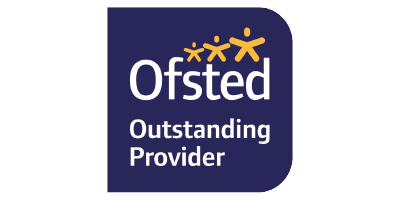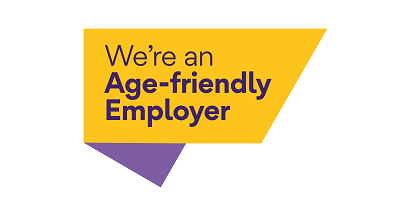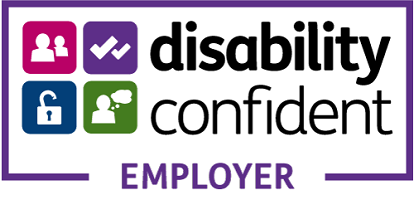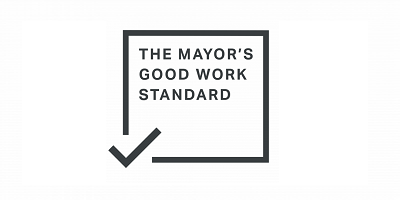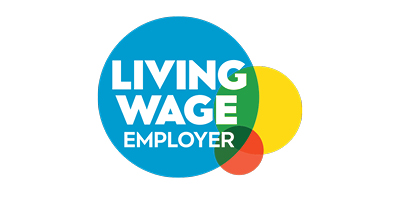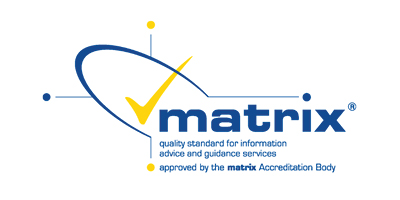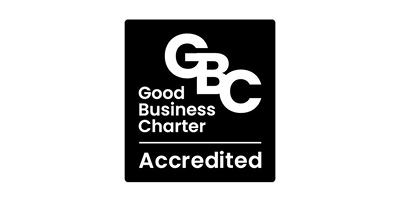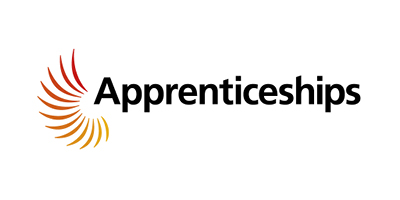This two-year course is equivalent to 3 A Levels and covers the fundamentals of science, working in the science industry, scientific investigation and practical techniques, perceptions of science and application of numbers. You will also study mathematics, statistics, human physiology, microbiology techniques, genetics and genetic engineering, medical physics techniques, electrical circuits, chemical reactions, chemical periodicity, and organic chemistry. You will have a 2-week science-related work placement.
-
About the Course
You will learn by completing projects and assignments based on realistic workplace situations, activities and demands. You will focus on a particular area and develop a range of specialist skills and knowledge.
You will study 6 core units:
- The fundamentals of science
- Working in the science industry
- Scientific investigation
- Scientific practical techniques
- Perceptions of science
- Application of numbers for science technicians.
You will then complete 13 specialist units, including:
- Mathematics for science technicians
- Statistics for science technicians
- Physiology of human body systems
- Microbiology techniques
- Genetics and genetic engineering
- Medical physics techniques
- Electrical circuits and its industrial applications
- Industrial applications of chemical reactions
- Chemical periodicity and its applications
- Industrial applications of organic chemistry.
This course consists of the 90-credit Diploma in Year 1 followed by the Extended Diploma in Year 2.
-
Entry Requirements
At least 4 GCSEs at grades A*-C / grades 9-4, one of which must be Science or a Level 2 science qualification with a merit or distinction or a Level 2 science qualification with a merit or distinction. Please note: You must have at least a pass at Grade 3 for GCSE Maths to be enrolled on this course. If you need advice before you apply, please call 020 8326 2020 or email This email address is being protected from spambots. You need JavaScript enabled to view it..
-
Progression
The HND in Applied Biology at West Thames College, or a degree at university such as BSc Biomedical Science, Radiography, Pharmacology or Forensic Science. If you wish to get a job straight away, you can find employment as a technician in areas such as research laboratories in pharmacies, hospital laboratories, environmental science laboratories, school and college laboratories as well as forensic science laboratories.
-
Assessment Method
The course is assessed by means of assignments which are graded and examination and you will also receive an overall grade for the qualification. The units Workplace practices and ICT and Laboratory management information systems contribute towards the externally assessed integrated vocational assignment.




